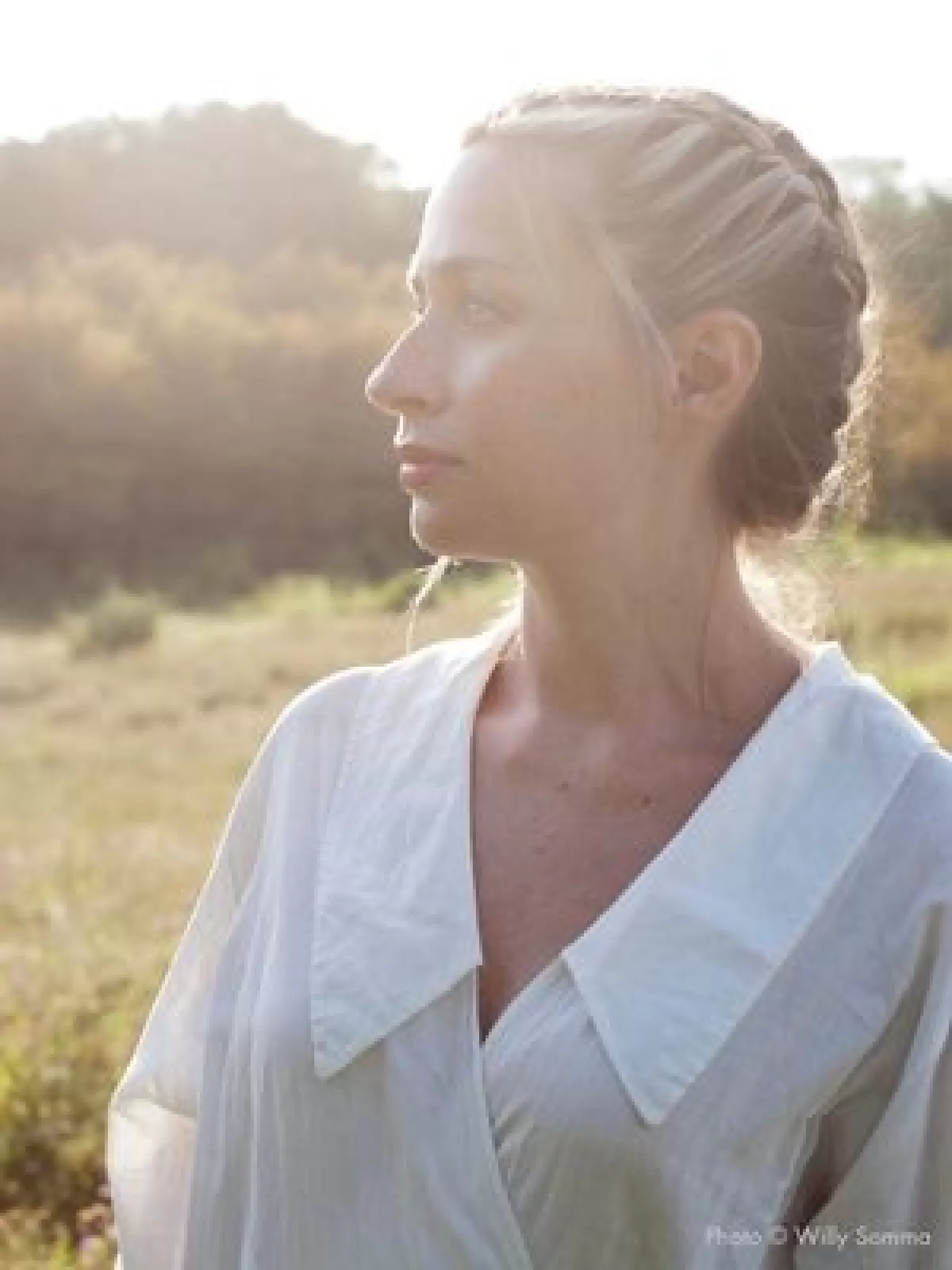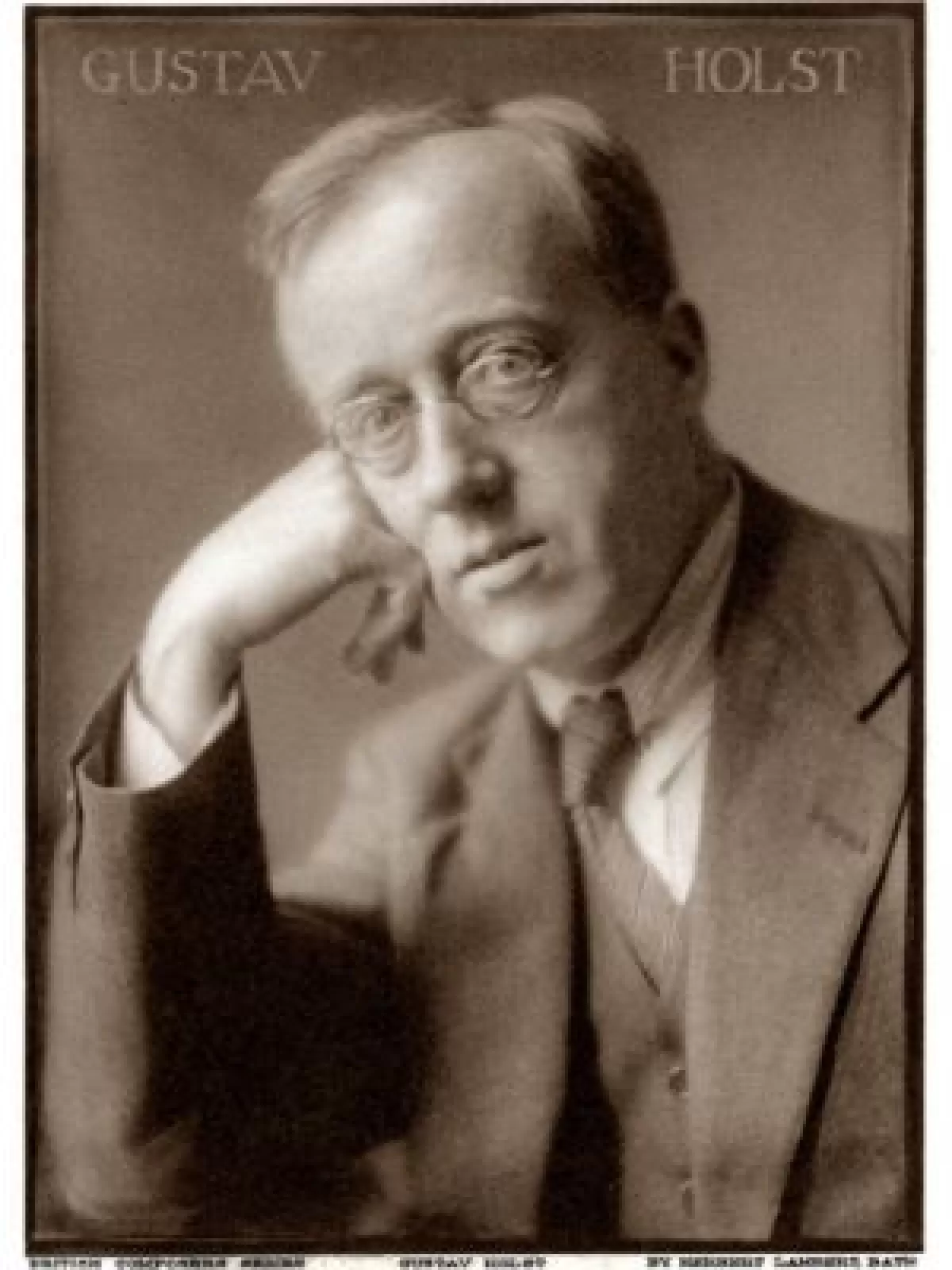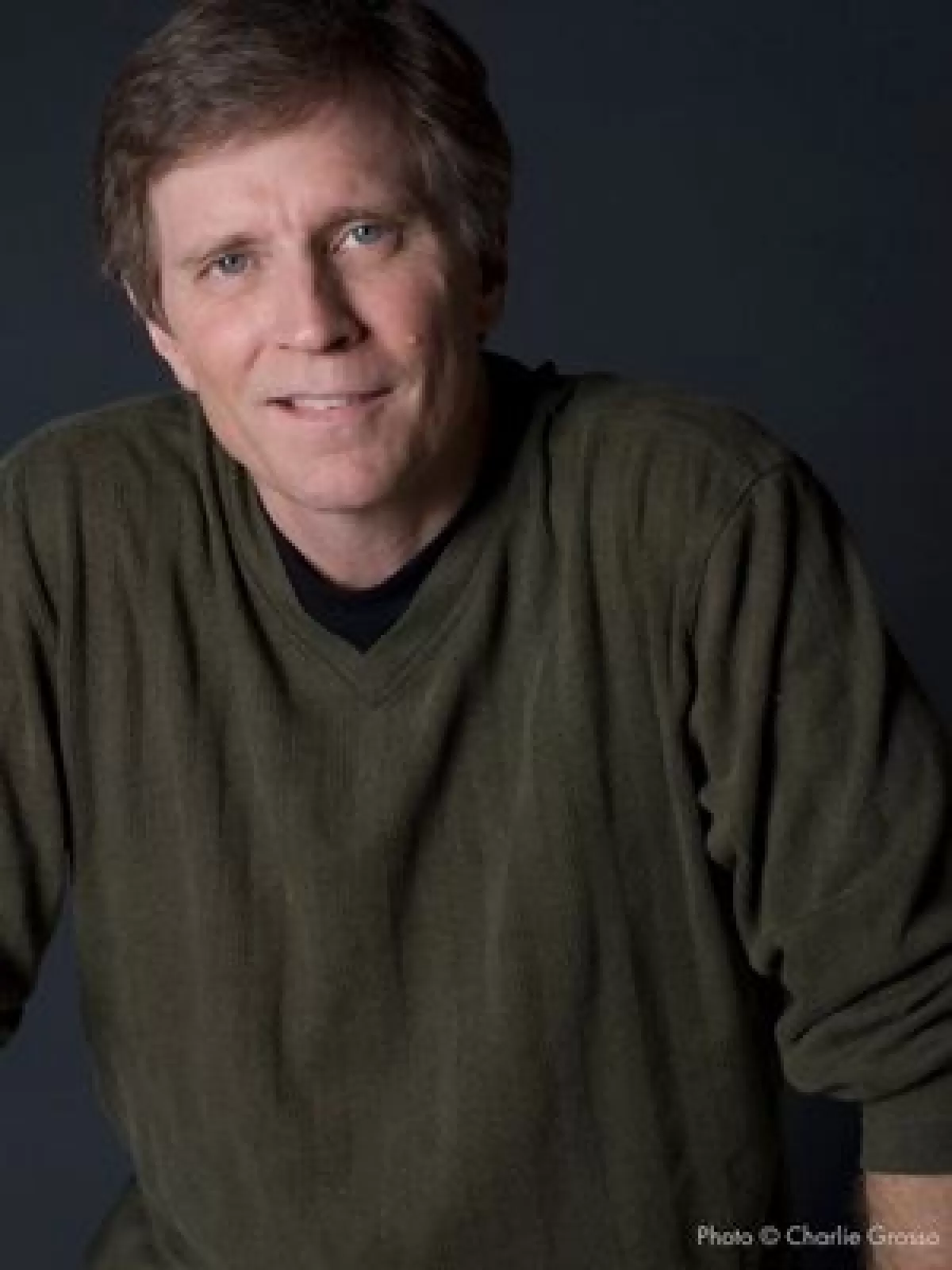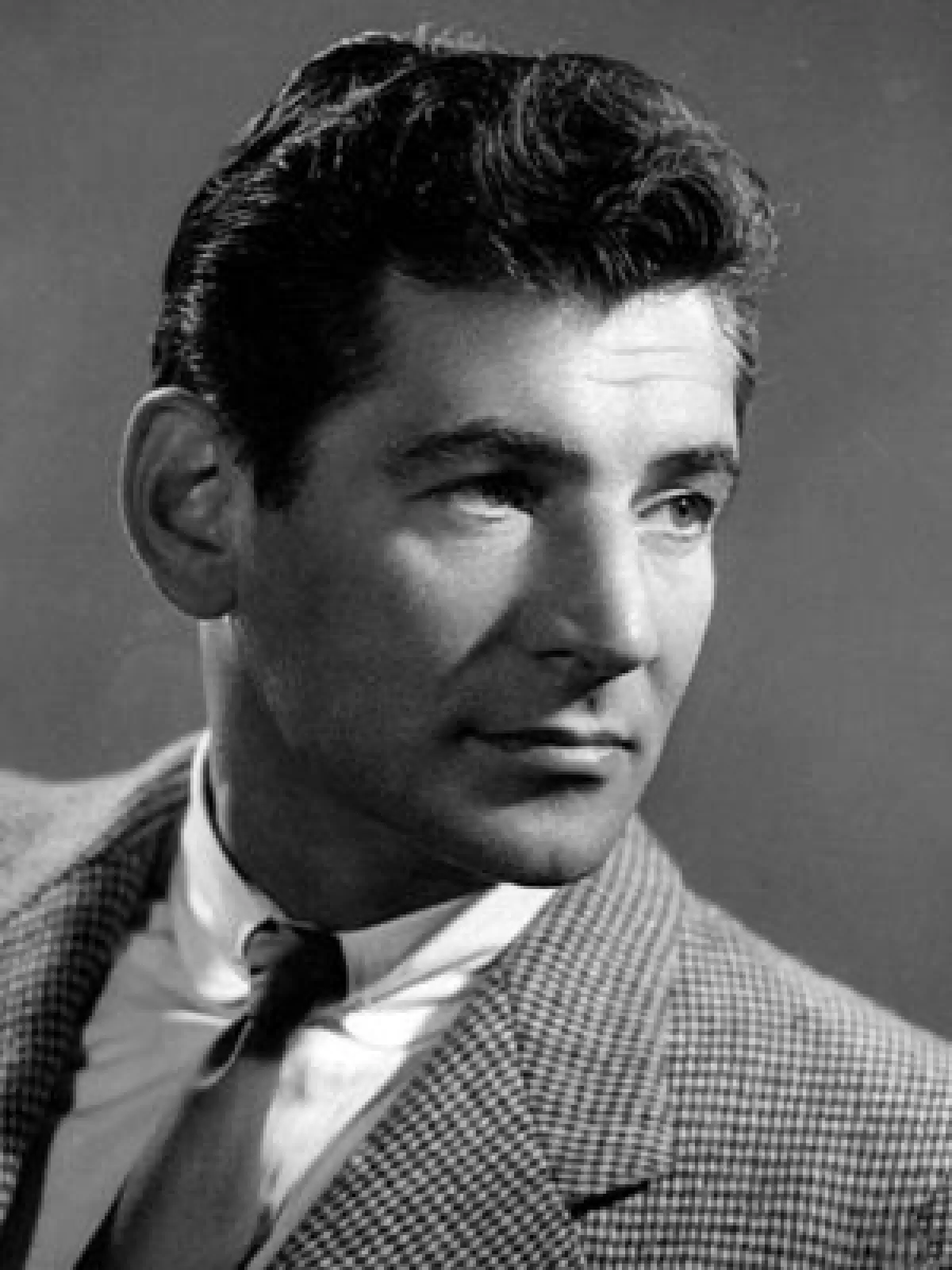- May 28, 2024
Program Notes for Chichester Psalms
 John Koegel
John Koegel
Professor of Musicology
California State University, Fullerton
Sarah Kirkland Snider’s Mass for the Endangered for chorus and orchestra (2018) is set to the text of the Catholic Mass and poetry by American poet/writer Nathaniel Bellows, and was commissioned by Trinity Church of New York City. It has been recorded by the vocal ensemble Gallicantus, conducted by Gabriel Crouch (Nonesuch/New Amsterdam label). Snider’s Mass is a prayer for the environment: a “celebration of, and an elegy for, the natural world—animals, plants, insects, the planet itself—an appeal for greater awareness, urgency, and action.” In the composer’s own words, her work uses “the traditional Catholic Mass as a prism through which to worship, celebrate, and eulogize endangered animals and their imperiled habitats, praying to a higher power for mercy, forgiveness, and intervention.”
Mass for the Endangered is a substantial (ca. 45 minutes) work for choir and chamber orchestra and uses the basic structure of the Latin-texted Catholic Mass Ordinary (Kyrie, Gloria, Credo, Sanctus, Agnus Dei), but adds Bellows’s evocative English- language poetic commentary and elaboration on these traditional sacred texts. As part of her compositional style, Snider employs a beautifully diverse compositional palette of vocal and instrumental colors supporting her very sensitive text setting. She develops small harmonic and melodic cells that create larger patterns and propulsive rhythms, and she juxtaposes and develops thematic ideas using a collage technique mixing modal, polymodal, and tonal writing. Although an overall feeling of melancholy is suggested in her Mass, as this is her “elegy for the natural world,” the Sanctus movement (Holy, holy, holy, lord God of hosts...) is pure joy.
 The music of Sarah Kirkland Snider (born 1973) has been described as “groundbreaking” (Boston Globe) and “ravishingly beautiful” (NPR), and she has been named as one of the “Top 35 Female Composers in Classical Music” by the Washington Post. Her works have been performed by such leading ensembles as the New York Philharmonic, Boston Symphony Orchestra, Cleveland Orchestra, San Francisco Symphony, Emerson String Quartet, eighth blackbird, and Roomful of Teeth, among many others. Some of her recent commissions include Into Light, inspired by American women suffragists and commissioned by the New York Philharmonic; and Drink the Wild Ayre for the Emerson String Quartet. She is currently working on her opera Hildegard, on the life of the twelfth-century abbess/composer/visionary/ saint Hildegard von Bingen, commissioned by Beth Morrison Projects. Four compact discs of her music have been released on the Nonesuch/New Amsterdam label.
The music of Sarah Kirkland Snider (born 1973) has been described as “groundbreaking” (Boston Globe) and “ravishingly beautiful” (NPR), and she has been named as one of the “Top 35 Female Composers in Classical Music” by the Washington Post. Her works have been performed by such leading ensembles as the New York Philharmonic, Boston Symphony Orchestra, Cleveland Orchestra, San Francisco Symphony, Emerson String Quartet, eighth blackbird, and Roomful of Teeth, among many others. Some of her recent commissions include Into Light, inspired by American women suffragists and commissioned by the New York Philharmonic; and Drink the Wild Ayre for the Emerson String Quartet. She is currently working on her opera Hildegard, on the life of the twelfth-century abbess/composer/visionary/ saint Hildegard von Bingen, commissioned by Beth Morrison Projects. Four compact discs of her music have been released on the Nonesuch/New Amsterdam label.
 Although English composer Gustav Holst (1874-1934) is best known for works such as the orchestral suite The Planets (1918) and the choral-orchestral Hymn of Jesus (1920), he also composed a significant amount of a cappella sacred and secular choral music for amateur and professional choirs. His Psalm 148, for chorus and organ or chorus and orchestra, is from a pair of psalm settings from 1912. Its text is a paraphrase by English author Francis Ralph Gray of the biblical Psalm 148 (“Praise ye the Lord from the heavens: praise him in the heights”). Gray’s paraphrase, set by Holst, begins “Lord, who has made us for thine own.” The pre-existent melody that Holst quotes and transforms in his beautiful, exuberant Psalm 148 is the chorale tune “Lasst uns erfreuen herzlich sehr” (Let us rejoice most heartily), which is taken from the German Catholic collection Geistliche Kirchengesänge (Spiritual Church Songs, 1623). The tune is also well known in Protestant churches in its hymn arrangement as “All Creatures of Our God and King,” the text of which is based on St. Francis of Assisi’s Canticle of the Sun. This is Pacific Chorale Artistic Director Robert Istad’s favorite hymn.
Although English composer Gustav Holst (1874-1934) is best known for works such as the orchestral suite The Planets (1918) and the choral-orchestral Hymn of Jesus (1920), he also composed a significant amount of a cappella sacred and secular choral music for amateur and professional choirs. His Psalm 148, for chorus and organ or chorus and orchestra, is from a pair of psalm settings from 1912. Its text is a paraphrase by English author Francis Ralph Gray of the biblical Psalm 148 (“Praise ye the Lord from the heavens: praise him in the heights”). Gray’s paraphrase, set by Holst, begins “Lord, who has made us for thine own.” The pre-existent melody that Holst quotes and transforms in his beautiful, exuberant Psalm 148 is the chorale tune “Lasst uns erfreuen herzlich sehr” (Let us rejoice most heartily), which is taken from the German Catholic collection Geistliche Kirchengesänge (Spiritual Church Songs, 1623). The tune is also well known in Protestant churches in its hymn arrangement as “All Creatures of Our God and King,” the text of which is based on St. Francis of Assisi’s Canticle of the Sun. This is Pacific Chorale Artistic Director Robert Istad’s favorite hymn.
In his Psalm 148 Holst first presents the chorale melody in its original form, in unison sung by the four choral voices (SATB). Lengthy repeated exclamations of the word “Alleluia” are then sung in rapidly ascending and descending thirds and sixths. Here Holst repeats the tune fragment on the word “Alleluia” from the original chorale melody to emphasize the praise offered to God through this sacred song. Later the lowest voice elongates the original chorale tune below quicker movements in the upper voices that rework statements of the original melody. In his Psalm 148, Holst demonstrates some of the many ways a composer can treat a pre-existent sacred chorale tune, always with sensitivity and variety, while remaining faithful to the spirit of the original melody and text.
 Frank Ticheli’s neo-Romantic-tinged Listen to the Silence was composed in 2023 at the MacDowell Colony in New Hampshire during a summer residency there. Ticheli’s relationship with the ensemble began several decades ago when he composed his first choral work, There Will Be Rest, for the Chorale. The composer describes the text he wrote specially for the piece. “The poem portrays silence as an aspect of nature’s beauty, drawing attention to natural images that make little or no sound—the sky, moonlight, a colorful sunset, falling snow, breezes wafting through the trees. Equally influential were the quiet sounds nature sang to me on my morning walks through the woods and meadows, and the nearly total silence I experienced all day in my studio at MacDowell.”
Frank Ticheli’s neo-Romantic-tinged Listen to the Silence was composed in 2023 at the MacDowell Colony in New Hampshire during a summer residency there. Ticheli’s relationship with the ensemble began several decades ago when he composed his first choral work, There Will Be Rest, for the Chorale. The composer describes the text he wrote specially for the piece. “The poem portrays silence as an aspect of nature’s beauty, drawing attention to natural images that make little or no sound—the sky, moonlight, a colorful sunset, falling snow, breezes wafting through the trees. Equally influential were the quiet sounds nature sang to me on my morning walks through the woods and meadows, and the nearly total silence I experienced all day in my studio at MacDowell.”
Frank Ticheli (b. 1958) is Professor Emeritus of Music Composition at the University of Southern California, where he taught from 1991 to 2023. From 1991 to 1998 he also served as Composer in Residence of the Pacific Symphony. He has written for a wide variety of large ensembles, including orchestra, wind ensemble, and choir. His works have been performed by such major ensembles as the Philadelphia Orchestra, Atlanta Symphony, Detroit Symphony, and other leading orchestras. His frequently performed works for wind ensemble, many of which he has conducted himself, have been played around the world to great acclaim. In 2012, Ticheli was given the prestigious Arts and Letters Award by the American Academy of Arts and Letters.

Leonard Bernstein (1918-1990) was one of America’s greatest composers, conductors, and music educators. His compositions range over a wide spectrum of genres and styles, from the jazz- inflected score of his masterpiece West Side Story, his beloved musical from 1957, to his other Broadway musicals Wonderful Town, On the Town, and Candide, to his three symphonies, and his many other works in different genres and compositional styles.
His Chichester Psalms (premiere 1965), setting Hebrew psalm texts (Psalms 108, 100, 23, 2, 131, 133), is one of the mainstays of the twentieth-century choral-orchestral repertory. Bernstein composed it with the strong encouragement of Reverend Walter Hussey, Dean of Chichester Cathedral in England, for the 1965 Chichester Festival, held in collaboration with the choirs of Winchester and Salisbury Cathedrals. Hussey was a prominent champion of the arts, who also commissioned numerous art works by other prominent artists, including stained glass windows by Marc Chagall, a sculpture depicting the Madonna and Child by Henry Moore, and Benjamin Britten’s cantata Rejoice in the Lamb.
The U.S. premiere was given in New York City on July 15, 1965 by the New York Philharmonic and the Camerata Singers, under Bernstein’s direction. The British premiere was given in Chichester Cathedral on July 31, 1965, conducted by John Birch. Whereas the U.S. premiere used mixed choir (female and male voices), female vocal soloist, and orchestra, the British premiere was performed by the men and boys from the three English cathedral choirs, with a boy alto soloist. The composer attended the British premiere with his family and a close friendship developed between Hussey and the Bernsteins.
Bernstein composed his three- movement Chichester Psalms during a sabbatical from his duties as Music Director of the New York Philharmonic. He originally intended to write a Broadway musical based on Thornton Wilder’s play The Skin of Our Teeth, with the collaboration of choreographer Jerome Robbins and librettists Betty Comden and Adolph Green, with whom he had worked earlier. Although the Broadway musical and artistic collaboration was never realized, he reworked musical elements from his incomplete score, along with extra unused music from West Side Story, in this sacred work. Chichester Psalms followed his Symphony No. 3 “Kaddish” of 1963, composed in memory of President Kennedy, which also features a chorus singing Hebrew texts. Whereas Symphony No. 3 is an utterance of despair and anguish, Chichester Psalms is joyful and life-affirming.
In the correspondence between Bernstein and Hussey, the latter hoped for suggestions of West Side Story in the score and wanted the composer to stay true to his own artistic vision. Bernstein obliged and described the finished work to Hussey as “very forthright, songful, rhythmic, youthful” and “quite popular in feeling” with “even a hint [...] of West Side Story.”
All three movements set one complete psalm text and excerpts from a paired psalm. The first movement opens with an introductory phrase setting Psalm 108, Verse 2 (“Awake, psaltery and harp!”), highlighting the interval of the minor seventh (which recurs cyclically in the third movement). After this short introduction, Bernstein uses the irregular meter of 7/8, alternating vigorous rhythmic patterns of 4 and 3 to set the beginning of Psalm 100 (“Make a joyful noise until the Lord”) in a lengthy scherzo-like, dance-like section. Indeed, both 7/4 meter and the number seven feature prominently in his work, in its rhythmic structure and musical language. (The number seven is an important number in Hebrew numerology—known as gematria.) The Bernstein children recall that their father told them that he inserted coded messages to them in Chichester Psalms, as well as the theme from the very popular 1960s television show The Flintstones, which was secretly embedded in the first movement.
The second movement represents Bernstein’s pacifism. It begins with a gentle and lyrical setting of Psalm 23 (“The Lord is my shepherd”) begun by a vocal soloist, musically evoking King David, who is later joined by high voices. Bernstein intended this vocal solo to be sung by a boy alto, but it is usually performed by a female soloist. The peaceful atmosphere of Psalm 23 is suddenly interrupted by the bitter expression and agitated music of Psalm 2 (“Why do the nations rage”). This is the most dramatic moment in Chichester Psalms. Ultimately, the higher voices enter again with the comfort of Psalm 23, although the tension between the two moods remains.
The dissonant instrumental prelude to the last and longest movement played by the strings represents heartbreaking feelings of conflict. In this prelude to movement three, Bernstein emphasizes the minor seventh interval heard at the opening of the work. A consolatory setting of Psalm 131 (“Lord, Lord, my heart is not haughty”) follows, a lullaby in 10/4 meter. Psalm 133 (“Behold how good”) is sung at the end, mostly in the style of a Lutheran chorale, and unaccompanied, the only moment in the work scored this way. The music and text seek reconciliation and unity in the world before concluding in a final Amen, suggesting Gustav Mahler’s chorus mysticus (mystical choir) in his Symphony No. 8.

